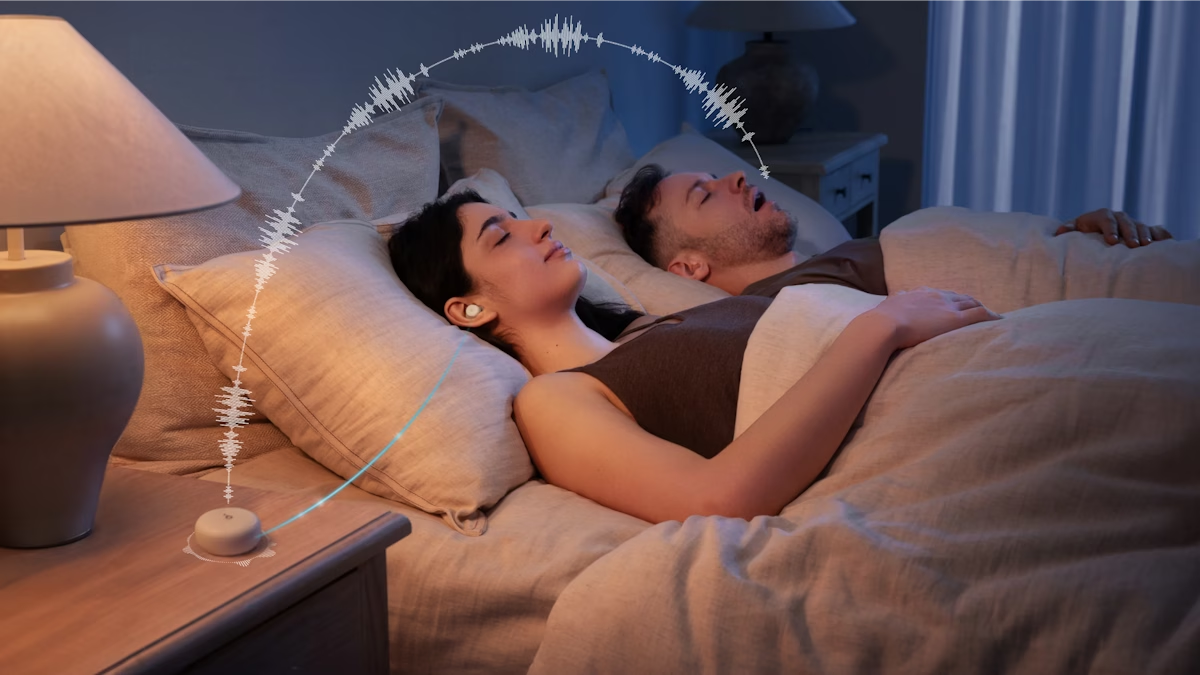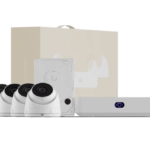Anker’s Soundcore brand has released its latest sleep-focused earbuds, the $229.90 Soundcore Sleep A30, which finally add Active Noise Cancellation (ANC) to deliver on the promise of masking a partner’s snoring. The new buds use a microphone inside the charging case to listen to ambient noise and adapt their audio masking in real time. But while they succeed at blocking light-to-moderate snoring, that extra power comes at the expense of battery life, creating a significant trade-off for anyone who relies on streaming podcasts or music to fall asleep.
Drowning out the noise, one snore at a time
The main selling point of the Sleep A30 is its adaptive snore masking. In testing against a speaker playing snoring sounds, the A30s completely blocked snoring at a low volume and significantly reduced it at a moderate volume, making them a potentially relationship-saving device for those with light-snoring partners. The buds achieved this by combining passive noise isolation with active noise cancellation and playing masking sounds like rain or wind. With just ANC enabled and no masking audio, the buds still blocked about 90 percent of light snoring.
However, the feature isn’t a miracle worker. At the loudest simulated snoring level, the earbuds struggled to meaningfully block the noise, proving there are limits to what the tiny buds can achieve.
The price of silence is battery life
The addition of ANC creates a serious battery dilemma. Anker advertises nine hours of battery life with ANC on, but that figure only applies when listening to white noise soundscapes stored locally on the earbuds. For sleepers who stream podcasts or other audio over Bluetooth, the battery life drops to around 6.5 hours per charge. This proved problematic during testing, with the earbuds frequently dying before morning, a problem not encountered with the previous, non-ANC Soundcore Sleep A20 model.
This makes the A30 a tough sell for users who need a full night of streamed audio. While earbuds are becoming vessels for more advanced features, such as the health and AI tools in Apple’s new AirPods Pro 3, fundamental performance like battery life remains a critical factor.
Smaller buds, more compromises
The A30s are smaller and more comfortable for side sleepers than their predecessors, which is a major win. However, the earbuds are plagued by a few frustrating quirks. The touch controls were found to be unreliable, often failing to register taps to adjust volume or skip tracks. The sleep-tracking feature was also criticized for its overly optimistic and inaccurate analysis, congratulating the user on a great night’s sleep despite multiple hours of restlessness.
Other notable drawbacks include the case’s lack of wireless charging (it’s USB-C only) and features like “AI Brainwave Audio” which were dismissed as gimmicky. For side sleepers who don’t need to mask snoring and prefer to stream audio all night, the older, cheaper A20 buds may remain the better option. But for those desperate to block out a light snorer, the A30’s $50 premium might be a price worth paying for a quieter night—as long as the battery holds out.







